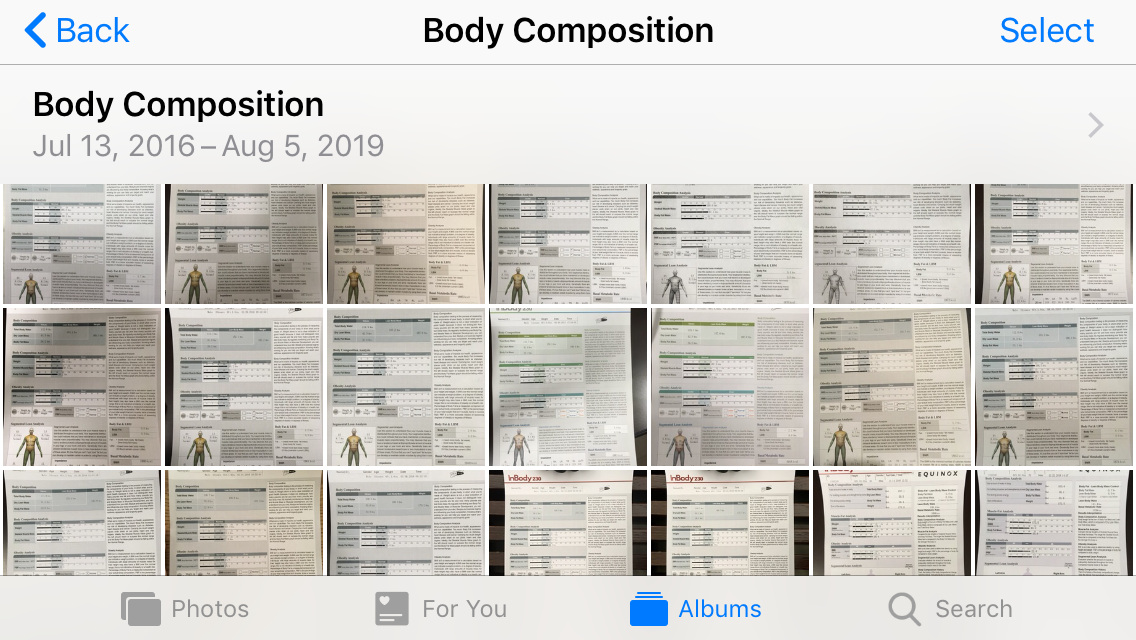An Open Brainstorming Session on Health

Understanding my loss of strength
I’ve been eating a diet that alternates between keto and paleo for about a year now. In that period, I’ve seen great progress in gaining strength and losing body fat (adding 50lbs to my bench and losing 8lbs of fat), but my strength gains have fallen away and I’m trying to understand why.
It’s possible that my diet high in leafy greens has led to a slight case of hypothyroidism. Hypothyroidism would mean my body produces less than ideal and healthy hormone levels, particularly less of those responsible for maintaining muscle mass. Leafy greens like kale contain goitrogens which can cause hypothyroidism when eaten in large amounts.
I’ve also been eating a diet that’s high in meat and therefore high in iron. High iron is bad because it increases the likelihood of infections and infections suppress the immune system, halting anabolic growth and cause catabolism, muscle breakdown. While I’ve been adding rosemary, cinnamon, and black pepper to my meals to prevent excess iron absorption and it's negative effects, this hasn’t been the case until recently.
I also wonder if my knee injury several months ago has had a meaningful impact on my strength. Without the ability to work out my legs, I have stopping doing any cardio or leg workouts. Only over the last month have I begun an actual leg workout program with injury workarounds in place.
Cardio aids health and workouts in several ways I’ve been missing out on. For one, cardio provides a great dopamine boost. I’m convinced the actual dopamine boost from exercise is produced by the combination of sweating and producing adrenaline, not the physical exertion or expenditure of calories. I've always noticed a difference in how I felt between when I did and didn't sweat.
Producing dopamine also decreases cortisol, the body's stress hormone. Decreasing stress produces health benefits that can't be discounted.
The second reason losing cardio hurts our health is that body movement, especially higher speed and more vigorous movement, improves lymphatic drainage.
Our body produces biological waste that needs to be cleared from the body and lymphatic drainage is the process of clearing it out. Cardio assists that process by improving blood-flow that allows our lymph system to clear itself out more freely.
This lymphatic drainage benefit of cardio is especially useful for muscle recovery. One of my favorite post-workout routines is to follow my workouts by performing a cardio cool-down session (15 mins on the elliptical in a 2-layer long sleeve top).
Another reason why my leg injury may have affected my ability to maintain my previous strength and muscle mass is that large compound lifts stimulate testosterone and HGH. Without the leg days I oh-so-love, I haven’t been given my body the hormones that support the muscle mass I’ve previously enjoyed.
There are several ways people can interrupt HGH production in the body. Depriving themselves of nutrition, sleep, or water for example. But often it’s the addition of negatives such as unhealthy foods, alcohol, and stress that actually get in the way of producing HGH.
These negative stressors can be simple things like eating late at night right before sleeping.
The tough part about avoiding eating late at night is that's it's difficult to do on the weekends when your social life keeps you out much later than normal.
I’ve learned it’s best to eat dinner later on weekends than on normal weekdays to avoid eating during the worst time (within 2 hours of going to sleep) when it’s more harmful. That’s because after about 5 hours of not eating I get hungry and start looking for food. When this 5-hour mark hits right before bedtime, the result is I often eat fast food, quickly followed by experiencing bad sleep and muscle recovery.
Thus to play it safe, I now plan my dinners to happen later on Fridays and Saturdays, at 9 pm, about 3 hours later than normal. The added benefit of eating later on weekends is restaurants are more fun and sociable at 9pm than during earlier dinner hours.
Measuring my health
I currently measure my health in a number of ways.
The first thing I track is when I feel bad, so I can better understand why. I'm a big believer that achieving great health is mostly about avoiding getting sick and understanding what makes you feel bad and what makes you feel worse.
To better understand why I get sick, I track my health symptoms using a food symptom diary and use those experiences to help identify which foods are problematic for me and why.
The next biggest thing I measure is body composition. I've been tracking my body fat, muscle mass, and hydration levels once every few weeks for the last several years.

So far I've tested my body composition at least 36 times using the InBody machine that's available to me at my local gym. I test my body composition to get rough measurements of whether I'm building muscle or losing fat and meeting my goals.
Body composition tests are not perfectly accurate. Their accuracy varies by testing type, when the tests are performed (morning or night), and what activities happen before testing (eating and working out). But body composition provides useful measurements of what's going on in your body that are far better than simply stepping on a scale.
To counter body composition test inaccuracy, it's best to perform the tests the same way every time you take them. I test my body composition first thing in the morning after I've showered, but before I've eaten or worked out. It also doesn't make much sense to test your body composition more than once a week as the test's inaccuracy could lead you to believe your exercise and dieting efforts are either failing or succeeding when the opposite is true or nothing's happened at all.
To track my physical strength, I sometimes take notes in my iPhone's notes app. I don't take these notes very often. Usually they're just for tracking new PRs. I don't track my workout performance closely because I've found it's hard to track what I'm doing in my workouts without messing up my flow and routine. I'd rather keep my workouts fun and enjoyable than force myself to measure everything about them.
When the ways you measure your health make it more difficult to do the things that make you healthy, the act of measuring your health becomes unhealthy.
The only way I currently measure the inputs affecting my health are tracking my food symptoms and when I feel good enough to work out and build an adrenaline rush.
I've found working out based on how I feel has worked well for me, especially after noticing I need to be able to create an adrenaline rush to have great workouts, but it's important I further isolate the variables responsible for good and bad performance to take my health to the next level.
One health metric I've found to be really important is heart rate variability. HRV is the primary health metric people should be use to determine when and how hard they should workout, but few people know how to read their HRV scores or how to improve them through nutrition and specific exercises.
An easy way I've found to estimate my HRV without having an actual HRV monitor or exact measurement is simply listening to music that normally gets me pumped up. If I'm listening to songs that normally get me excited and they're doing nothing for me to change my mood, I know my HRV is low and I avoid working out.
Considering a new purchase for health tracking
I've done a lot of work to improve my health and created some great habits and systems for tracking it, but I think the easiest ways to improve upon my current health tracking regimen will be adding healthcare applications or devices for measurement, even if these applications wind up being ones I create myself.
One of the most popular ways people within the biohacking community have been tracking their health lately is with small consumer devices like the Oura ring, a very popular biotracking device you wear like you would any other ring.
I’ve been avoiding getting the Oura ring, not because of cost ($299-399), but because I don’t currently wear rings and feel apprehensive about wearing them and any other types of jewelry.
That being said, the Oura ring should provide me with several benefits.
The first benefit the Oura ring should offer is sleep tracking, particularly tracking deep sleep and sleep stages. It’s very important to maximize deep sleep since this stage of sleep is understood to be the most restorative.
Another reason why I’m looking forward to having the Oura ring is having better measurements on my heart rate variability. Having more accurate HRV scores will help me schedule my workouts for when they'll result in better muscle recovery and stimulate more of the hormones responsible for building and maintaining muscle mass.
If the Oura ring's HRV measurements prove accurate enough, I should be able to use the device's HRV measurements with how I currently track my food symptoms to identify more problematic foods and food ingredients negatively affecting my health that currently sit below my radar.
I have yet to get the Oura ring to measure my health more rigorously, but it may be the next health purchase I make.